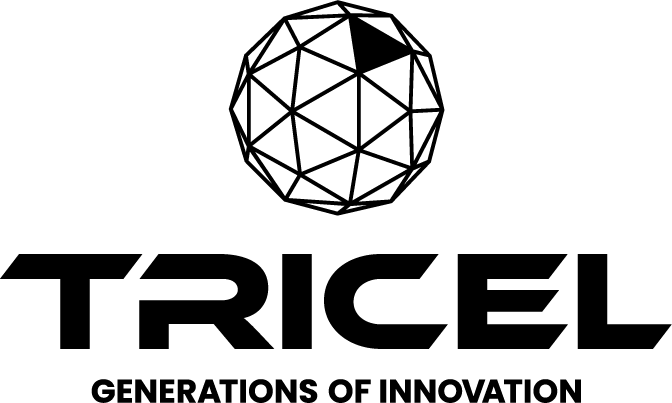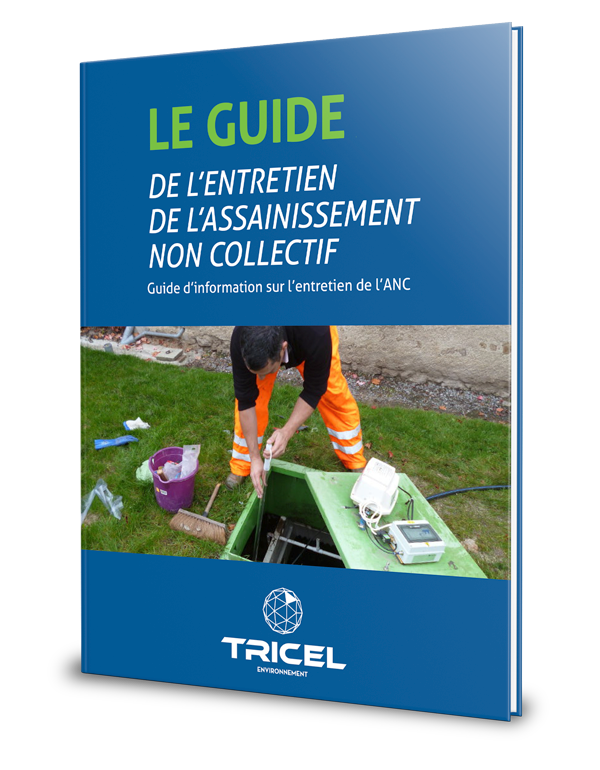Do you have a non-compliant septic tank in your house in France?

You are the owner of a house using a septic tank or sewage treatment plant and you would like to sell it? There are about 5 million dwellings in France equipped with them, 80% of which are estimated to be in a non-compliance situation. If you want to fix your non-compliant septic tank, this article is for you.
The Importance of Compliance
Compliance with regulations governing septic tank systems is not merely a matter of bureaucratic red tape. It is crucial for safeguarding public health and environmental integrity. Septic tanks that are non-compliant may leak harmful pathogens, nutrients, and contaminants into the soil and groundwater, posing serious health risks to nearby residents and polluting water sources. Moreover, non-compliant septic systems can contribute to the contamination of surface waters. This, leading to algal blooms, fish kills, and ecosystem degradation.
Non compliant septic tank, a great risk for the environment & public health.
Sanitation is about improving the health status of the environment. In general, it concerns the treatment and evacuation of liquid and solid waste. From this definition, we already understand the risk that sanitation represents for the ecological health of man, fauna and flora. For dwellings not connected to public sewer networks, “tout-a-l’égout”, they must treat their own wastewater using septic tanks or sewage treatment plants. It goes without saying that the risk becomes higher. The latest statistics show nearly 600,000 homes are discharging their wastewater into the wild.
How does the sale of a house with a non compliant septic tank work?
Generally, the sale of a house equipped with a septic tank our wastewater treatment plant follows the same procedures as if it were any other property. However, there is a major difference, particularly regarding the certificates to be provided. Indeed, such a system is highly regulated because of the potential risks it presents to the environment. Thus, since 2012, the Real Estate Act has strengthened the mandatory diagnoses when buying or selling a property. Among them is the sanitation diagnosis. After the inspection, 5 opinions can be given:
- No deficiencies detected
- Wear or maintenance defect
- Incomplete system, inadequate size or major malfunction
- Structural failure or high safety risk
- No device installed
After the inspection, the non-compliant sanitation diagnosis will serve as a certificate that will follow the sales documents.
How to detect non compliance?
While the system’s installation can be entrusted to a professional, its diagnosis can only be made by a single entity, the Non-Collective Public Sanitation Service. Indeed, the SPANC is the only body authorised to monitor the compliance of non-collective sanitation. For an owner who wants to know if his system is compliant or not, he has an obligation to contact the nearest SPANC (local authorities). This service is normally available in all municipalities. If the owner does not know the SPANC to which he is subject, he can always contact his local council who will make the connection.
Who are the actors involved and their roles?
There are 3 who have their own roles and obligations for selling a house with a non-compliant septic tank.
-
The owner or seller
It is the one who holds the title to the property of the house in question and has the will to sell it. In addition to the traditional procedures, such as the precise issue of his offer, he must ensure that he has all the documents required by law. Among them, he must provide all the certificates of conformity of his house by making the mandatory real estate diagnoses. This particularly with regard to his sewage treatment system. Article L. 271-4 of the French Building and Housing Code requires compliance work to be carried out within one year of the sale in the event of non-compliance. Although this obligation applies to the purchaser, the latter may not complete the purchase or negotiate a discount on the price. Thus, the seller will have to find an agreement with the buyer so that the sale can still be made.
-
The buyer or the acquirer
He is the one who intends to buy the house in question. With regard to Article L. 271-4 mentioned above, before the conclusion of the purchase, he has an obligation to check the conformity of the acquisition. This, in order not to carry out the various rehabilitation works, which may be expensive. However, no sanctions are provided in the event of non-compliance with the one-year time limit.
-
The notary
A specialist is in charge of checking all documents relating to the sale so it can be carried out. He will then be able to draw up the deed of sale. The sale must be signed by the seller and the buyer in his presence. He can also provide advice to both parties involved in the sale.
If you follow the right process, the SPANC will finally deliver a certificate of compliance for your wastewater treatment installation. This document will be legal proof that your sewage treatment plant is upgraded and respects the law.
Risks Associated with Non-Compliant Septic Tanks
The consequences of non-compliant septic tanks can be severe and wide-ranging:
- Public Health Risks: Leakage of sewage from non-compliant septic tanks can contaminate drinking water sources, leading to the spread of waterborne diseases such as gastroenteritis, hepatitis, and E. coli infections.
- Environmental Degradation: Nutrient-rich effluent from septic tanks can fuel the growth of harmful algae in water bodies, resulting in oxygen depletion, fish kills, and the disruption of aquatic ecosystems.
- Property Damage: Failure of septic tanks can result in sewage backups, flooding, and property damage, leading to costly repairs and potential legal liabilities.
- Legal Consequences: Non-compliance with septic tank regulations can result in fines, penalties, and enforcement actions by regulatory agencies, as well as potential legal disputes with neighboring property owners.
Remedies for Non-Compliant Septic Tanks
Addressing non-compliant septic tanks requires a multifaceted approach involving proactive maintenance, remediation measures, and regulatory compliance:
- Regular Maintenance: Implement a schedule for routine maintenance tasks such as pumping, inspection, and repairs to ensure the proper functioning of the septic system.
- Upgrades and Repairs: Identify and address any deficiencies in the septic tank system, including leaks, cracks, or structural defects, through repairs or system upgrades as necessary.
- Compliance Assessments: Conduct regular assessments of septic tank systems to ensure compliance with applicable regulations, and take corrective actions to address any deficiencies identified.
- Professional Assistance: Seek the expertise of qualified septic system professionals, engineers, or environmental consultants to assist with system design, installation, maintenance, and compliance efforts.
- Education and Outreach: Educate property owners, residents, and stakeholders about the importance of proper septic system maintenance, regulatory compliance, and environmental stewardship to promote responsible wastewater management practices.



 Devis
Devis
 Partenaire Local
Partenaire Local
 Être
Être  Chat
Chat


